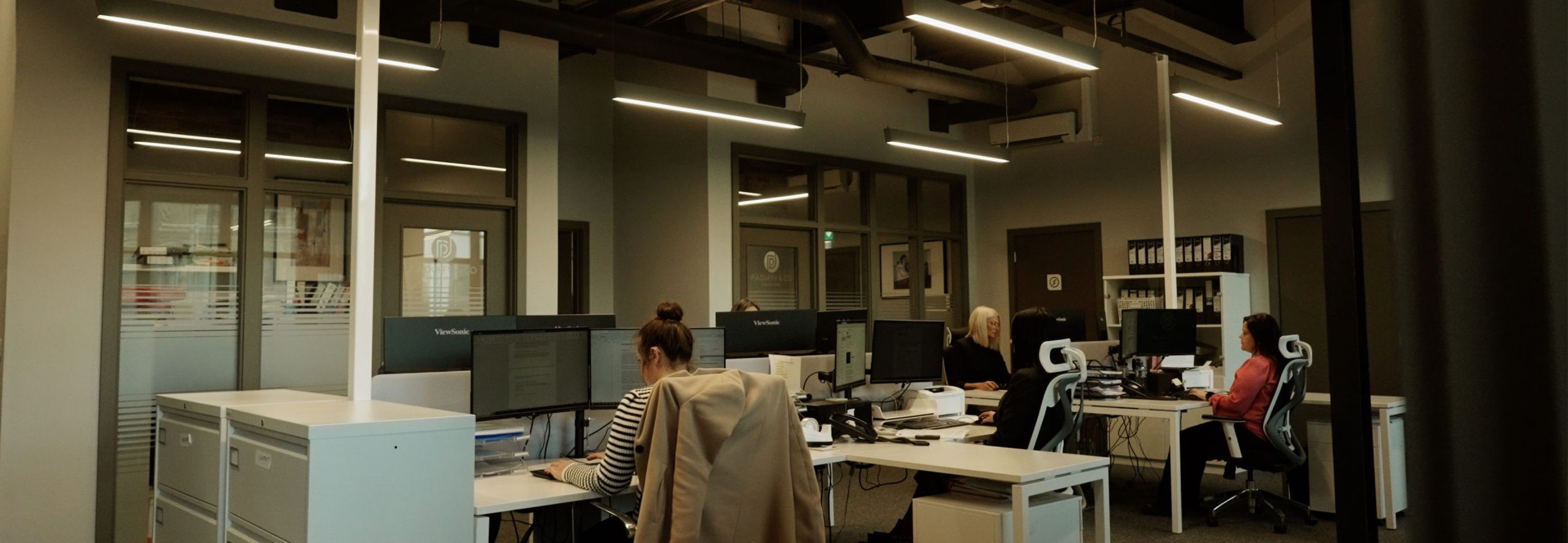
Covid-19 and the Impact on Irish Nursing Homes

The Covid-19 pandemic has caused significant disruption to healthcare services throughout the UK and Ireland. The virus has had a particularly devastating impact on care homes. The pandemic has exposed many weaknesses in how health care is delivered in care homes and for elderly people in general.
Examples of such weaknesses and failures are outlined below:
Dealgan House
Dealgan House is a County Louth nursing home which suffered one of the worst Covid-19 outbreaks of the pandemic. A total of 22 residents sadly died following a severe outbreak during the first wave of the pandemic. Dealgan House was so badly affected that the Health Service Executive had to call in staff from the Royal College of Surgeons in Ireland hospital group to run the nursing home for several weeks.
It was reported by the Health Information and Quality Authority that there were inadequate communication systems and poor oversight of staff training needs and infection control practices. Additionally, the report identified that procedures in place during the outbreak had not ensured that family members of Dealgan House were kept updated and informed of their loved one’s condition or provided the opportunity to be with their loved one during the end of their lives.
Ballynoe Nursing Home
Ballynoe nursing home, situated in Upper Glanmire, confirmed the death of 24 residents, in their 51-bed facility, during the Covid-19 Pandemic.
Despite HSE plans to visit Ballynoe during its outbreak in late January, as well as their obligation to be ‘responsible for investigating outbreaks of Covid-19 and providing overall leadership and oversight of outbreak management’, this never happened. The HSE claimed that their response to the Ballynoe outbreak came at a time when they were dealing with many other outbreaks. However, an infectious diseases consultant states that the rate of infection of staff members spoke for itself and required urgent action and prioritisation.
Tara Winthrop Private Clinic
Tara Winthrop Private Clinic situated in Co Dublin, confirmed 18 Covid-related deaths of residents. In addition to the confirmed Covid-related deaths, a further 5 ‘suspected Covid-19 deaths’ were recorded. The Health Information and Quality Authority (HIQA) has inspected the Tara Winthrop Private Clinic six times since 2014.
On the 19th of August 2020, the HIQA had two findings of non-compliance and five ‘moderate’ non-compliance with regulations. Furthermore, the clinic struggled with access to the appropriate quantities of personal protective equipment and was required to seek ‘significant levels’ of assistance from the HSE to meet the demand. The clinic admitted, “At times during the outbreak the provider did not have a system, arrangements or the resources in place to maintain the required level of contact with the relatives of residents living in the centre – understandably this led to anxiety among families and relatives."

